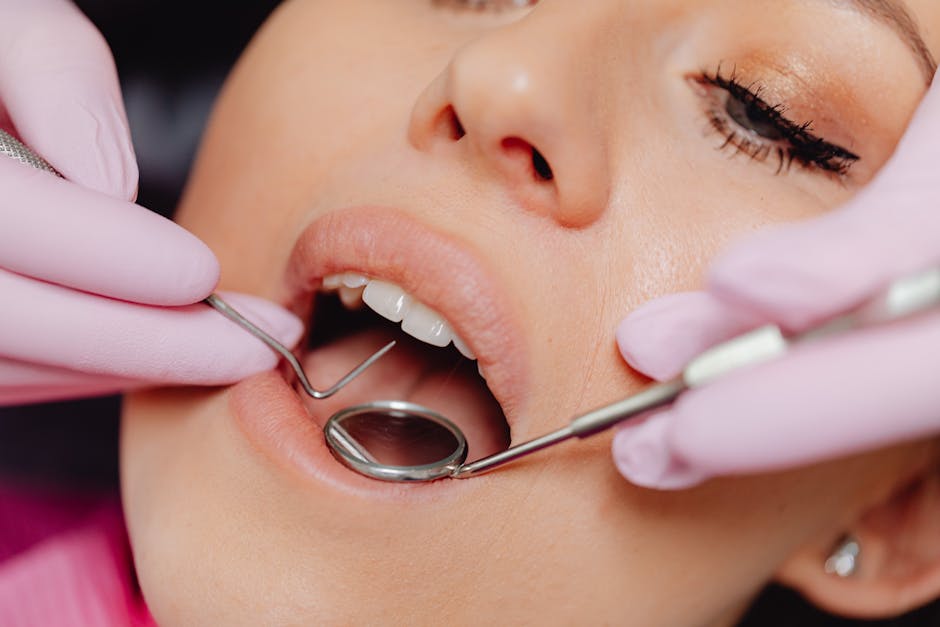Understanding the Importance of Early Dental Care
Understanding the Importance of Early Dental Care
Blog Article

Dental health is a crucial aspect of overall well-being, and it is essential for parents to understand its significance from an early age. dental education for parents plays a vital role in equipping them with the knowledge and resources necessary to promote their children's oral health. By understanding the importance of early dental care, daily oral hygiene practices, and common dental issues, parents can help ensure that their children develop healthy habits that last a lifetime.
Understanding the Importance of Early Dental Care
Establishing a strong foundation for dental health begins with early intervention. The American Academy of Pediatric Dentistry recommends that children have their first dental visit by their first birthday or within six months after their first tooth erupts. Early dental visits allow for the identification of potential issues before they become more serious and provide parents with valuable guidance on caring for their child's teeth.
During these visits, dental professionals can assess the child's dental development, offer advice on teething, and answer any questions parents may have regarding oral hygiene. Building a relationship with a pediatric dentist helps children feel more comfortable with dental visits, reducing anxiety as they grow older. Parents who prioritize early dental care set the stage for a lifetime of positive dental experiences.
Best Practices for Daily Oral Hygiene in Children
Daily oral hygiene is essential for maintaining healthy teeth and gums. Parents can instill good habits in their children by following these best practices:
1. Start Early
Even before teeth emerge, parents can clean their infants' gums with a soft, damp cloth after feedings. This helps remove bacteria and prepares the mouth for future dental care.
2. Brush Twice a Day
Once teeth appear, it's crucial to brush them twice daily with a fluoride toothpaste. For children under the age of three, use a smear of toothpaste about the size of a grain of rice, and for older children, a pea-sized amount is appropriate. Parents should supervise brushing until children are capable of doing it independently, usually around age six or seven.
3. Floss Regularly
As soon as two teeth touch, parents should introduce flossing. This helps remove food particles and plaque from areas that a toothbrush cannot reach. Making flossing a fun activity can encourage children to participate willingly.
4. Limit Sugary Foods and Drinks
A balanced diet plays a significant role in dental health. Limiting sugary snacks and beverages reduces the risk of cavities. Encourage healthier alternatives like fruits, vegetables, and water.
Common Dental Issues in Children and How to Address Them
As children grow, they may encounter various dental issues. Being aware of these problems can help parents address them promptly:
1. Cavities
Cavities are one of the most common dental issues in children. Regular dental check-ups, combined with good oral hygiene practices, can help prevent them. If a cavity is detected, parents should work closely with their dentist to determine the best course of action, which may include fillings or other treatments.
2. Tooth Sensitivity
Some children may experience tooth sensitivity, especially with hot or cold foods. Parents should consult with their dentist to identify the cause and explore potential solutions, such as desensitizing toothpaste or dietary adjustments.
3. Misalignment
As children grow, their teeth may become misaligned. Early evaluation by a dentist can determine if orthodontic treatment is necessary. Parents can help their children understand the importance of braces or retainers, emphasizing that they are tools for achieving a healthy smile.
Resources for Further Learning and Support
For parents seeking additional information, there are numerous resources available to enhance their understanding of dental health. Websites, community programs, and local dental offices often provide valuable information and support related to dental education for parents. For comprehensive guidance, consider visiting this resource, which offers a wealth of information on promoting children's oral health.
In conclusion, dental education for parents is essential for fostering a positive attitude toward dental health in children. By understanding the importance of early dental care, implementing daily oral hygiene practices, and being proactive in addressing common dental issues, parents can make a lasting impact on their children's well-being and confidence in their smiles.
Report this page